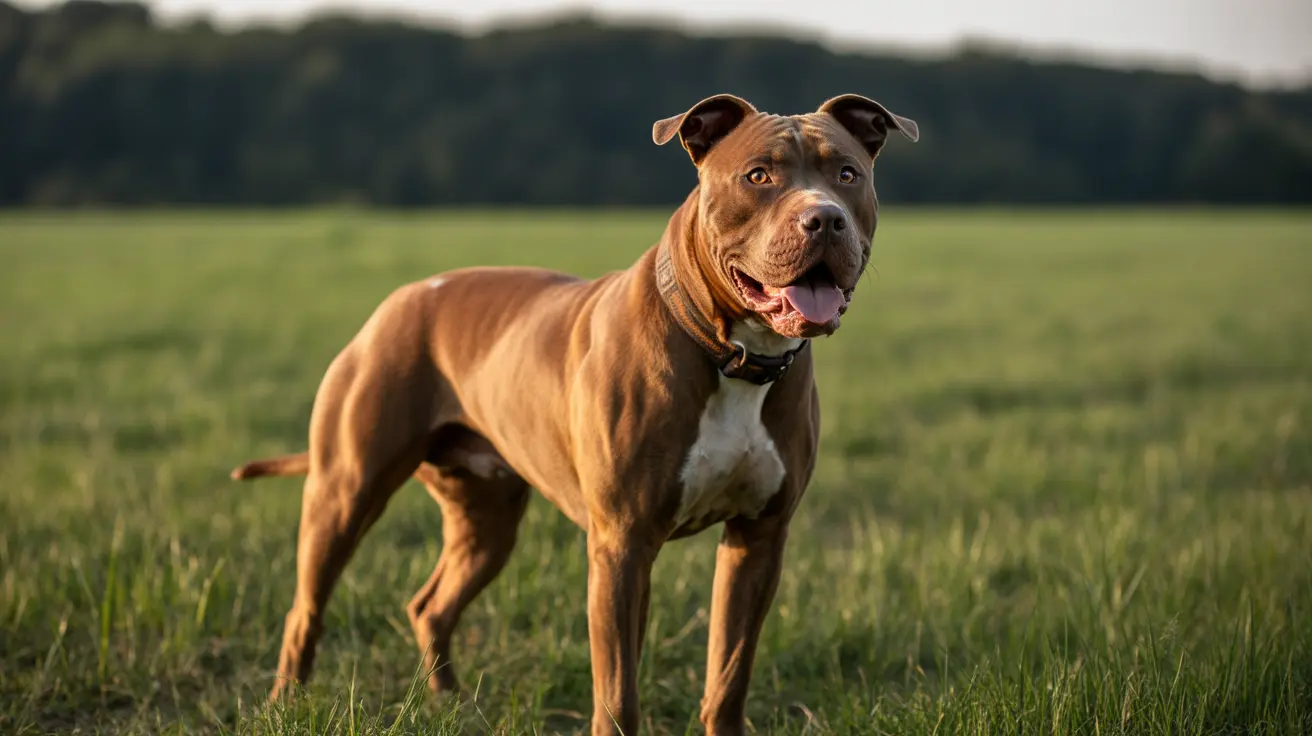If you've ever wondered about your 12-year-old dog's age in human terms, you might be surprised to learn that the traditional "multiply by seven" rule is outdated and inaccurate. Modern science has revealed that calculating dog years is much more nuanced, taking into account factors like breed size, genetics, and developmental stages.
In this comprehensive guide, we'll explore the scientific methods for determining how old 12 is in dog years and help you better understand your senior pet's life stage.
The Science Behind Dog Years
Recent scientific research has revolutionized our understanding of how dogs age. According to the American Veterinary Medical Association (AVMA), dogs mature much more rapidly in their first two years of life compared to humans. A dog's first year equals approximately 15 human years, while the second year adds another 9 human years to their age equivalent.
After the second year, aging proceeds at a rate of about 4-5 human years per calendar year, though this varies significantly by size and breed.
Modern Methods for Calculating Dog Age
The Scientific Formula
A groundbreaking 2019 study from UC San Diego developed a more accurate formula based on DNA methylation patterns:
Human Age = 16 × ln(dog's age) + 31
Using this formula, a 12-year-old dog would be approximately 71 human years old. However, this calculation works best for Labrador Retrievers, as they were the focus of the study.
Size-Based Age Calculations
For more accurate age estimation, consider your dog's size:
- Small breeds (under 20 lbs): A 12-year-old small dog equals roughly 64 human years
- Medium breeds: Approximately 69 human years
- Large breeds: About 77 human years
- Giant breeds: Can be equivalent to 93 human years
Health Considerations for 12-Year-Old Dogs
Understanding your 12-year-old dog's equivalent human age helps you provide appropriate care during their senior years. At this age, most dogs benefit from:
- Biannual veterinary check-ups
- Modified exercise routines
- Senior-specific nutrition
- Regular dental care
- Monitoring for age-related conditions
Impact of Breed on Aging
Different breeds age at varying rates. While a 12-year-old Chihuahua might be equivalent to a relatively spry 64-year-old human, a 12-year-old Great Dane would be comparable to a 93-year-old person. This difference explains why larger breeds often have shorter life expectancies than smaller ones.
Frequently Asked Questions
How do you accurately calculate a 12-year-old dog's age in human years?
The most accurate method depends on your dog's size and breed. Use either the scientific formula (16 × ln(dog's age) + 31) or consult breed-specific age charts. For most medium-sized dogs, 12 years equals approximately 69-71 human years.
Why is the traditional "multiply dog years by seven" method inaccurate for determining a dog's age?
This method doesn't account for dogs' rapid early development or the variation in aging rates between breeds and sizes. Dogs age much faster in their first two years and then slow down, making a linear calculation inaccurate.
How does a 12-year-old dog's size and breed affect its equivalent human age?
Size significantly impacts aging rates. Small breeds age more slowly, with a 12-year-old small dog equivalent to about 64 human years, while giant breeds age faster, reaching the equivalent of 93 human years by age 12.
When is a 12-year-old dog considered a senior, and what health changes should owners expect?
Most 12-year-old dogs are well into their senior years. Owners should watch for reduced mobility, changes in appetite, dental issues, and cognitive changes. Regular veterinary check-ups become increasingly important at this age.
What scientific methods, like the epigenetic clock, are used to estimate a dog's age in human years?
Scientists use DNA methylation patterns (the epigenetic clock) to measure biological aging more accurately. This method examines how genes are expressed differently with age, providing a more precise way to compare aging across species.
Conclusion
While a 12-year-old dog's age in human years varies significantly based on size and breed, understanding their equivalent human age helps owners provide appropriate care during their pet's senior years. Whether your 12-year-old companion equates to 64 or 93 in human years, focusing on their individual health needs and maintaining regular veterinary care will help ensure their golden years are comfortable and happy.






